If you have trouble seeing or keep squinting, you might have a vision problem. But does that mean you need surgery to remedy it? Or can you simply wear glasses to restore your vision?
The eye is a complex organ, so a single symptom could have multiple underlying reasons. It's essential to identify the reason behind any change in your vision before seeking treatment. This approach enables your eye doctor to recommend the most appropriate treatment for your specific condition.
This article will explore signs pointing to a need for prescription glasses and why you're experiencing these symptoms.
Do I Need Glasses? 10 Symptoms and Underlying Causes

If you suddenly find it hard to see clearly, like if a blood clot blocks a vein in your eye, that's a serious case, and it could lead to a gradual loss. However, it's normal for humans to lose quality in sight as they age. According to studies, Americans who are 80 years old and above make up 8% of the US population but 69% of the nation's blind population.
To identify whether you have eyesight issues, it's recommended that you see your eye doctor at the following intervals:
- Age 0 – 1: Every 6 Months
- Age 1 – 3: Every 2 Years
- Age 4 – 15: Every 5 – 10 Years
- Age 16 – 18: Every Year
- Age 19 – 39: Every 5 – 10 Years
- Age 40 – 54: Every 2 – 5 Years
- Age 55 – 64: Every 2 Years
- Age 66+: Every Year
But, if you start noticing any of the following signs, it might be time to see a doctor right away:
1. Seeing Double

One of the most dangerous signs you may need glasses is double-vision. When you see two images of everything, the underlying cause could be quite serious, such as a brain tumor, stroke, or aneurysm. In that case, you need to see a doctor immediately.
The following conditions are also among the potential causes:
- Keratoconus: This is a condition whereby your cornea develops into a cone-like shape. This development distorts your vision. With glasses, you can correct this vision problem.
- Infections: Some infections will affect your vision, distorting it. This requires treating the infection to resolve your vision problem. Then, your eye doctor can reassess your vision and further treatment.
- Cornea Scars: When your cornea has a scar, it affects the way you see, which can result in double vision. Glasses can resolve this issue, though you might need a transplant in extreme cases.
- Cataracts: As you age, the proteins in your lens deteriorate, causing gray patches called cataracts. Alternatively, you can inherit or develop cataracts after an eye injury/disease or due to your environment. Cataracts can cause double vision, which you can only resolve through surgery.
2. Blurry Vision

Blurry or fuzzy vision could be a cause for concern, but you can easily eliminate the most common reason: Fatigue. If you stare at something for a long time, such as a phone or book, your vision can blur. In that case, rest your eyes. If that doesn't work, you can visit your doctor to determine and treat the cause.
The other reasons you might have blurry vision are:
- Dry Eyes: If your eyes are dry, it can distort your vision. You might have dry eyes because your environment is dry or you're not blinking enough. You can use eye drops to reduce the dryness. However, if you're not blinking because you're focusing on trying to read words, glasses could help.
- Astigmatism: This condition occurs when your eye isn't curved properly, which blurs your vision. You can correct astigmatism with glasses or surgery.
- Blood Clot: If you have a blood clot in your eye, it can affect how well you see. Common treatments for this kind of clot include surgery and steroid injections.
3. Night Blindness

If you struggle to see at night, it might be because your vision is abnormal yet good enough for you to function with no inconvenience when it's bright out. The following conditions make seeing in the dark even more difficult, but you can all resolve them with glasses:
- Nearsightedness
- Cataracts
- Astigmatism
You could also have night blindness because you have a condition such as Usher Syndrome or Retinitis Pigmintosa, or a deficiency in vitamin A. In these cases, your doctor can advise you on how to treat your vision.
4. Sitting Close to Your TV
Whether you're sitting closer to the TV than anyone else in your family or need to bring books and phones closer to your face to read comfortably, your vision probably has a problem. The most common reason is myopia or nearsightedness.
More specifically, if your eye is not shaped correctly, it's incapable of giving a clear image of what's far away from you. So, it's common that if you have that problem, you'll try to remedy it by going closer to what you're trying to see. Do I need glasses in that case? yes, the more effective solution is simply wearing glasses with a prescription.
5. Rubbing Your Eyes
If you rub your eyes often, your eyes could have these issues:
- Dry: Dry eyes can occur when you don't blink enough or if your environment is dry. In those cases, you can install a humidifier to keep your environment more humid or use eye drops. If you don't blink because you're squinting or focusing, glasses could help remediate that.
- Tired: If your eyes are tired, you might rub them by reflex. In that case, you should rest. However, if this problem persists, you should see a doctor. Your eyes could be tired from trying to see beyond their ability. Therefore, you might need glasses.
- Itchy: Your eyes can feel itchy if they are dry or infected. If making your environment and eyes less dry doesn't work, you might require a doctor's visit.
6. Squinting at Digital Screens
Squinting at your computer or phone is usually a sign that your eyes are tired. In that case, you need to look away from your screen every 20 minutes for at least 20 seconds, ensure your environment is well-lit, and set your screen display to a strong contrast.
If you still squint, you might have another issue, such as astigmatism, which you can treat with glasses. To be sure about it, you should have an eye exam to confirm why you have this vision problem.
7. Pressure in Your Eye
If you feel pressure in your eye, you should see a doctor. While pain might be a simple headache, pressure indicates a more serious problem. For instance, you could have glaucoma, a blood clot, a bleeding opting nerve, or high blood pressure. These conditions often require surgery to resolve them.
In addition, extreme nearsightedness can cause pressure in your eye. Though the pain from the pressure will still need further treatment, you can remediate this extreme vision disturbance with glasses.
8. Difficulty Adjusting to Dark or Light Settings
If you find it hard to see after moving from a well-lit area to a darker one, this could be a sign that your irises are not working as they should. With age, the muscles in the irises weaken. Therefore, they allow more light to enter than normal when you go from a dark setting to a bright one and vice versa. This can cause difficulty seeing in the dark and pain from the excessive light entering your eyes.
To resolve this issue, you can use sunglasses or glasses with photochromic lenses. Both types of glasses limit the light entering your pupils. However, sunglasses can make it difficult to see when the lighting is dark, and you might have to take them off.
Meanwhile, photochromic lenses also allow you to see clearly without UV light. Hence, if you select photochromic lenses, you can see clearly when you're indoors. However, this means they don't work with most artificial bright lights, and those will still give you issues.
9. Seeing Halos
If you see halos or circles of colors around lights or objects, you might need glasses. In particular, if you have presbyopia, astigmatism, near- or farsightedness, you can avoid seeing these halos by wearing glasses.
However, if you have cataracts or the halos result from Laser-Assisted In Situ Keratomileusis surgery, your eye doctor will give you further treatment. Therefore, no matter which condition you might have, you must first have an eye exam to confirm that this is a problem glasses can fix.
10. Eye Strain
Your eyes can feel strained if the air is dry or there's too much/little lighting. Alternatively, it could be an internal problem such as stress, fatigue, or extensive staring.
If your eyes still strain after you have tried to counteract the above, you might have one of the following conditions:
- Presbyopia
- Nearsightedness
- Farsightedness
- Astigmatism
By going to the doctor, you can verify which condition you have. After getting the check-up, the doctor might recommend prescription glasses or some other treatments.
Conclusion
Your eyes may have problems due to diseases, deformations in your eye, or too much time in front of your computer. Some problems have easy fixes, such as rest for blurry vision, squinting, or strained eyes. However, if you are unsure about the exact issue and are thinking, “Do I need glasses?” you require professional help. In those cases, your eye doctor will guide you in further treatments, including supplements, medication, surgery, or glasses. If your doctor recommends glasses, you should buy them from popular glasses brands such as Dollger.
You should also keep in mind that the list above is not exhaustive, and other underlying causes might be causing these symptoms. Therefore, consult your eye doctor if there's any change in your vision.










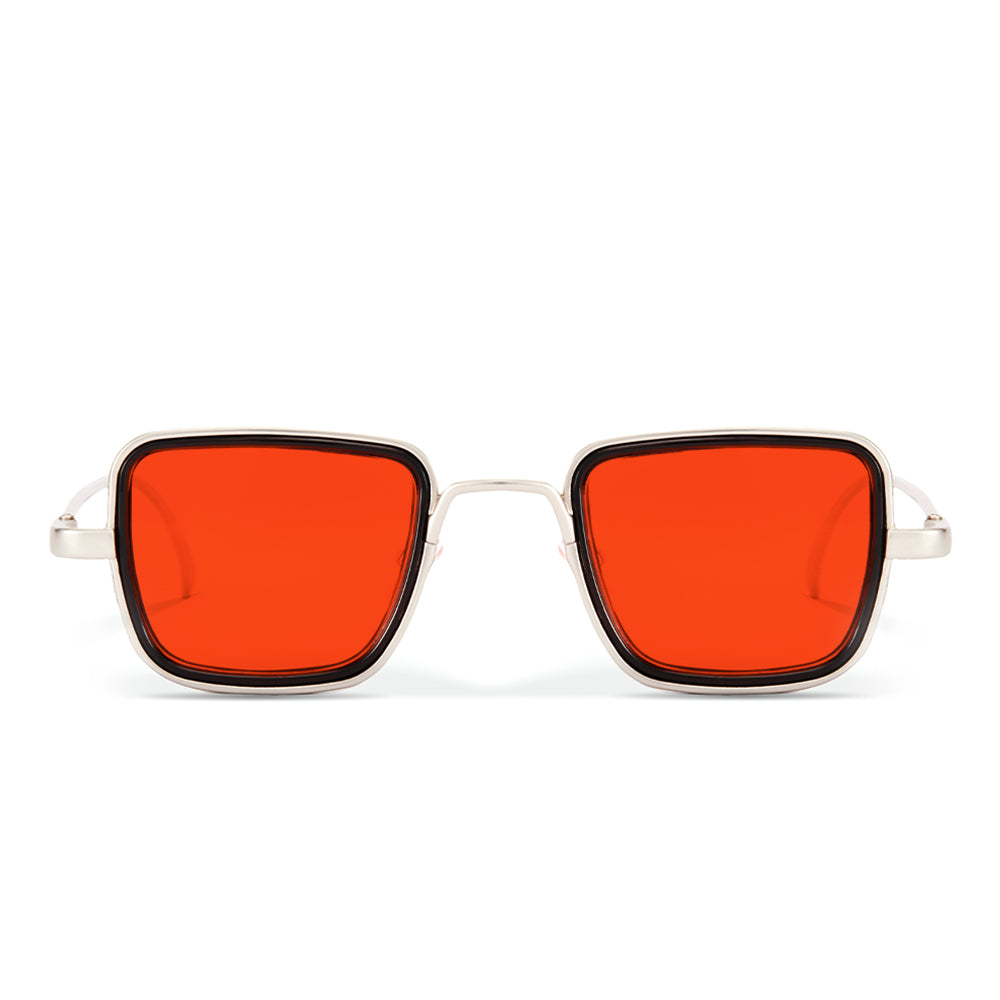

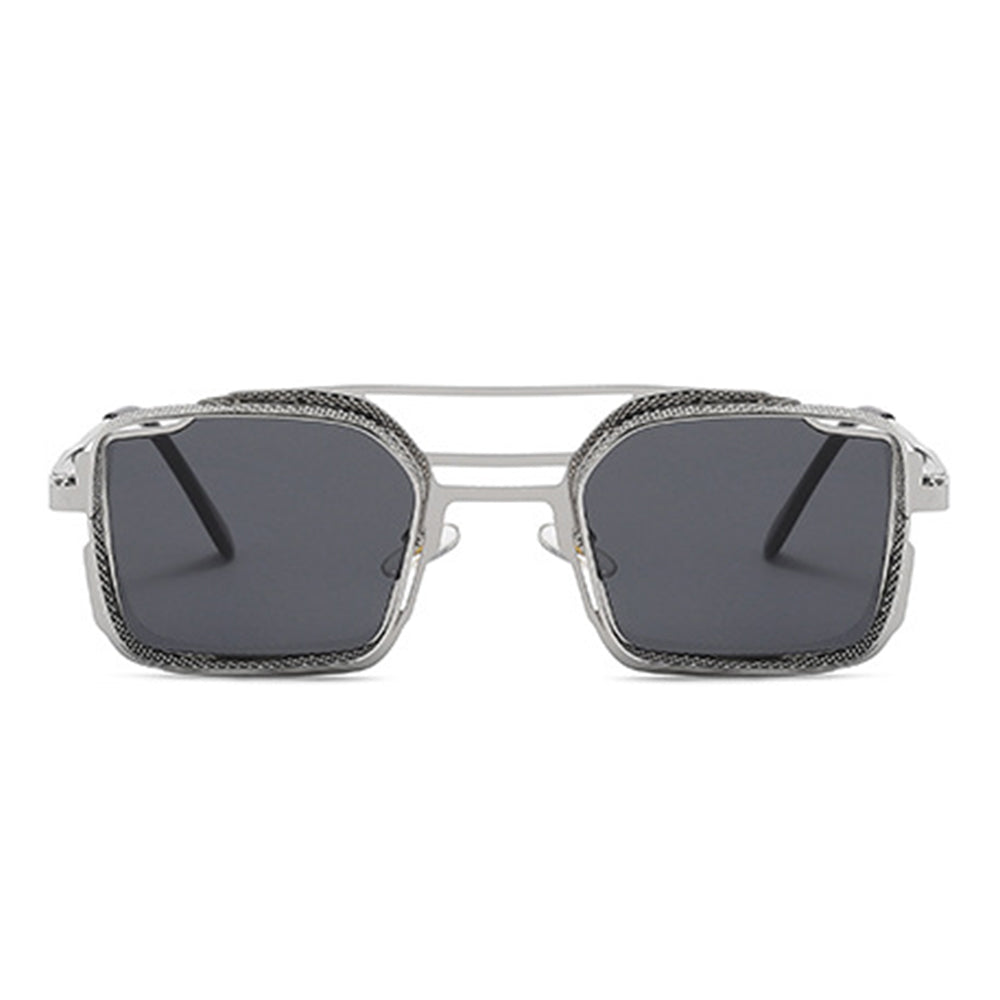
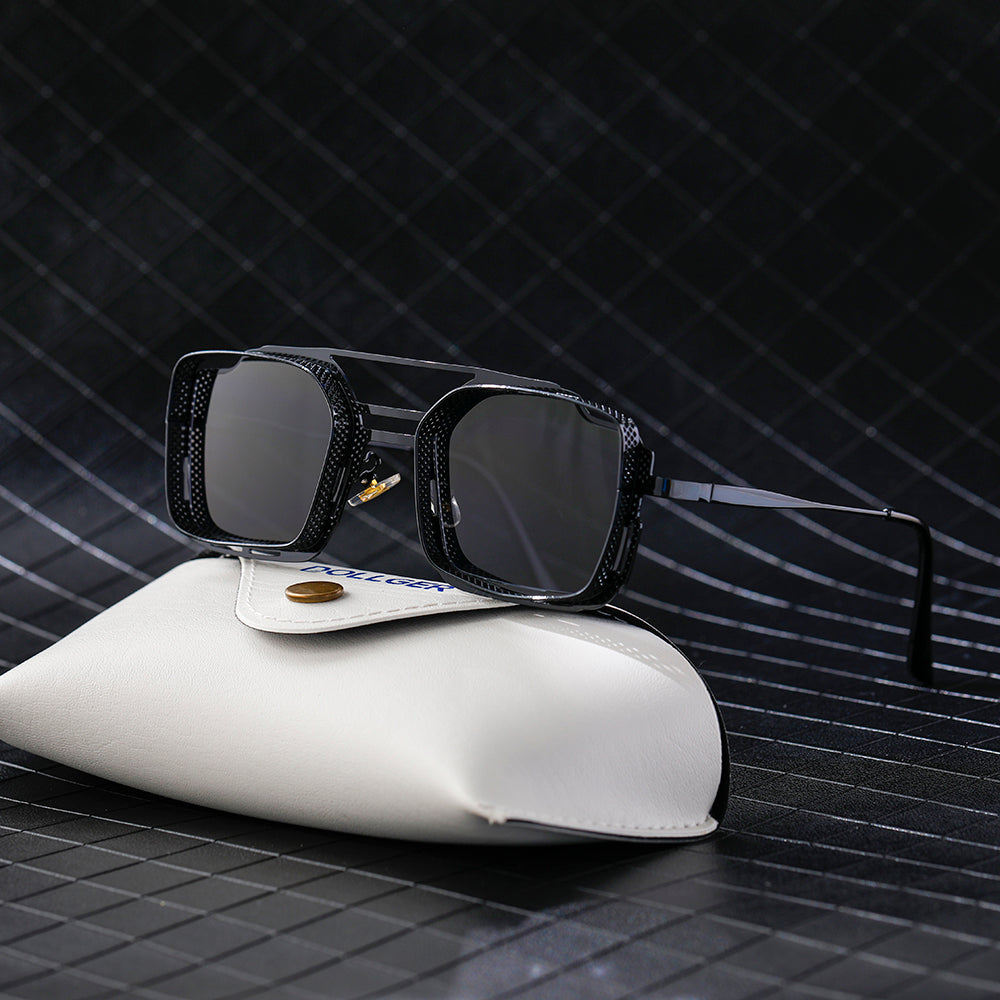
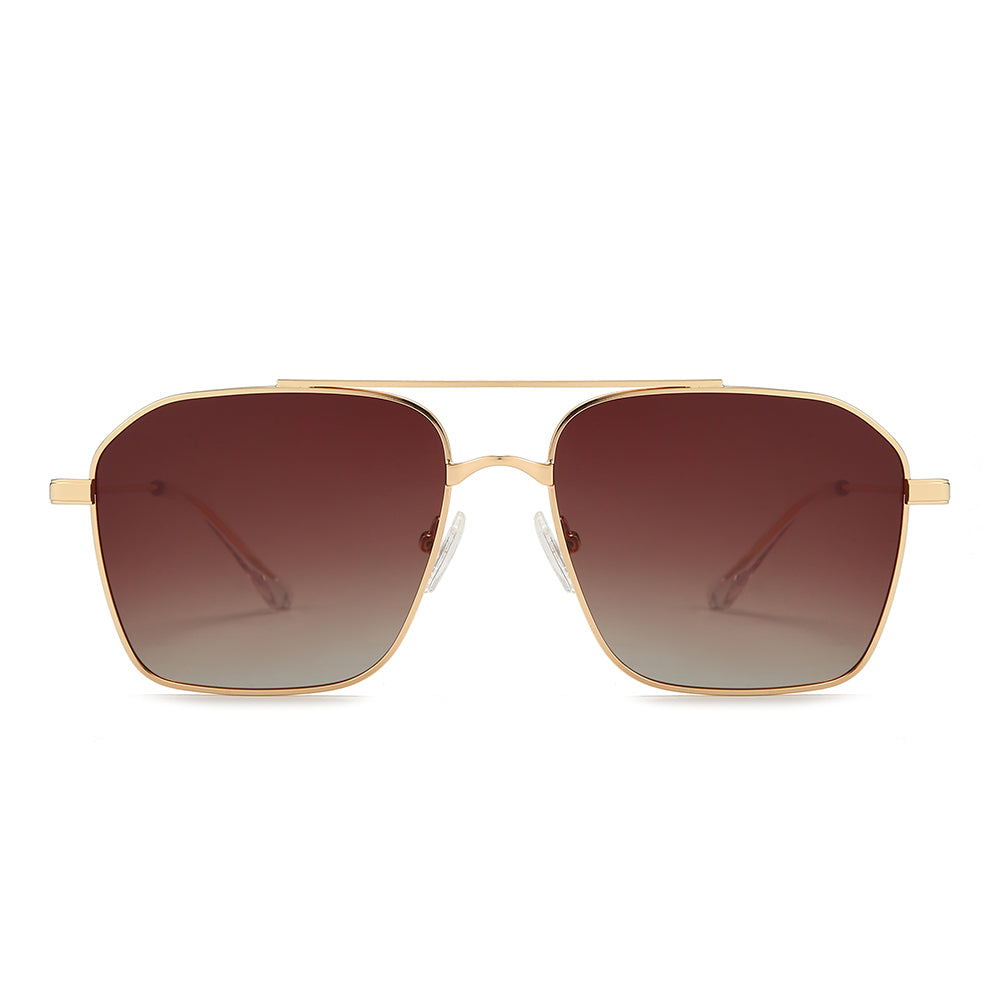

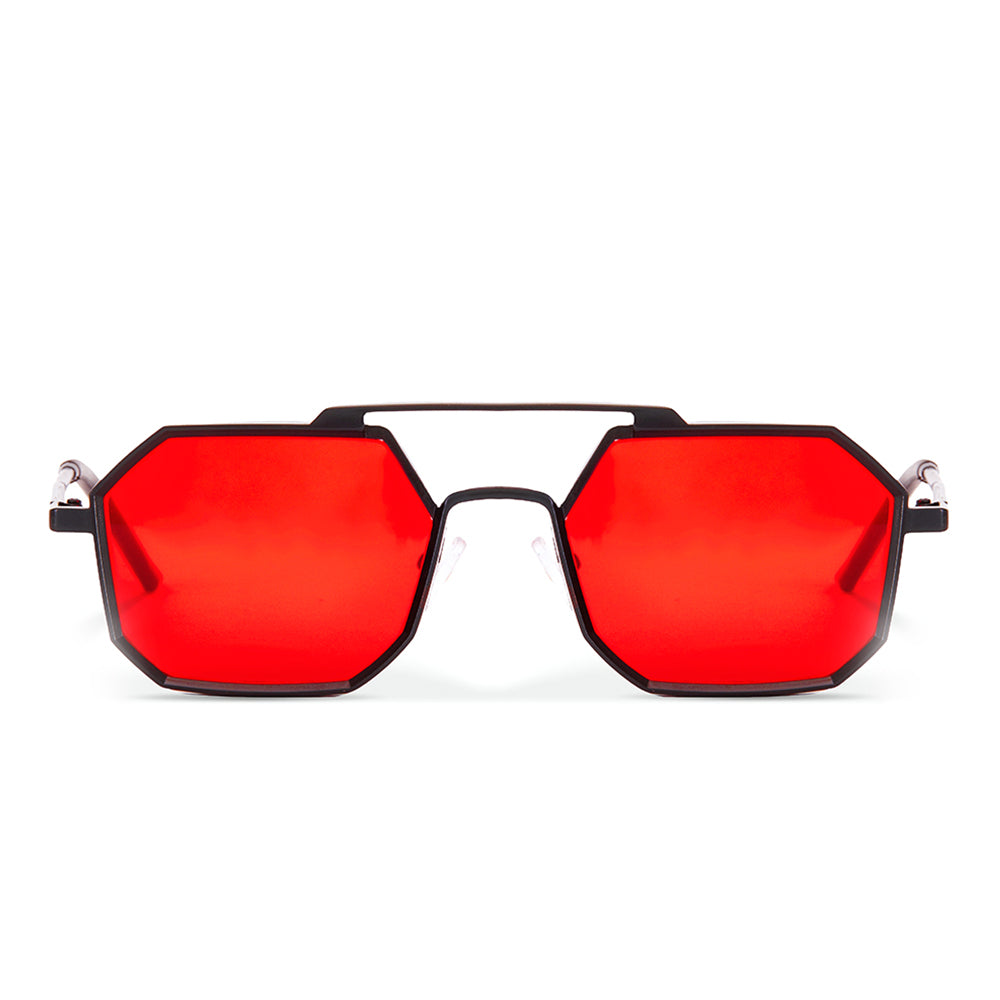

Leave a comment
This site is protected by reCAPTCHA and the Google Privacy Policy and Terms of Service apply.